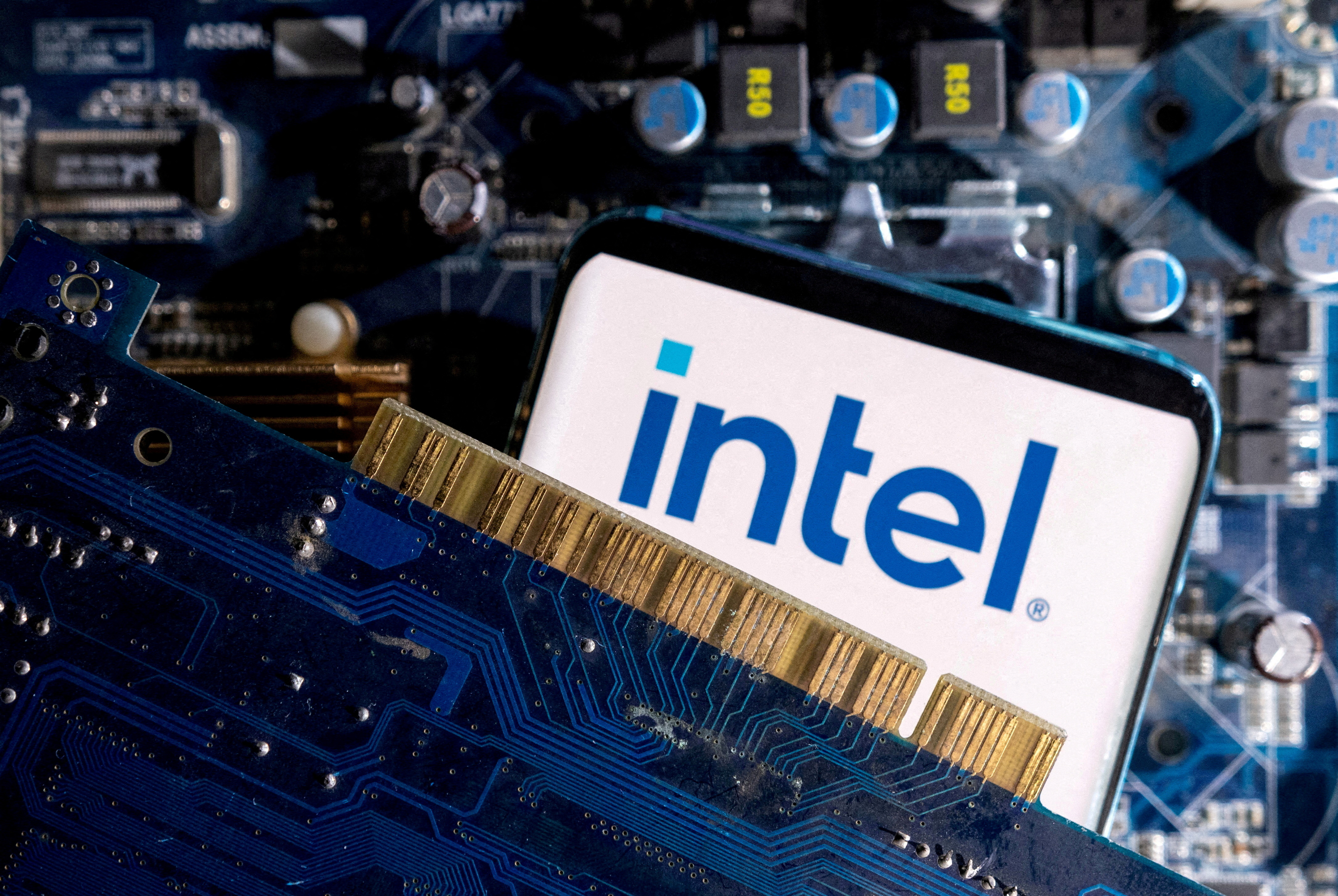

Reuters/Dado Ruvic/File Photo
[サンフランシスコ/ニューヨーク 5日 ロイター] – Qualcomm, a major American semiconductor company
Intel
The company is considering buying part of Samsung Electronics’ design division to bolster its product portfolio, two people familiar with the matter said.
Qualcomm reportedly considered buying any part of Intel’s business, as Intel is considering downsizing and selling assets to free up cash.
Qualcomm is particularly interested in Intel’s client-PC design division, but is looking at the design division in general, the people said, and doesn’t see other parts of the company, such as its server division, as suitable targets.
An Intel spokesman said Qualcomm had not approached the company about a takeover. “We are committed to our PC business,” the spokesman said. Qualcomm did not respond to a request for comment.
Our Code of Conduct:Thomson Reuters “Trust Principles”opens new tab
Anirban Sen is the Editor in Charge for U.S. M&A at Reuters in New York, where he leads the coverage of the biggest deals. After starting with Reuters in Bangalore in 2009, Anirban left in 2013 to work as a technology deals reporter in several leading business news outlets in India, including The Economic Times and Mint. Anirban rejoined Reuters in 2019 as Editor in Charge, Finance to lead a team of reporters, covering everything from investment banking to venture capital. Anirban holds a history degree from Jadavpur University and a post-graduate diploma in journalism from the Indian Institute of Journalism & New Media.
Milana Vinn reports on technology, media, and telecom (TMT) mergers and acquisitions. Her content usually appears in the markets and deals sections of the website. Milana previously worked at GLG and PE Hub, where she spent several years covering TMT deals in private equity. She graduated from CUNY Graduate School of Journalism with Masters in Business Journalism.
Mike Spector is an Investigative Reporter for Reuters’ legal team. He strives to pursue special reports and other enterprising and exclusive stories that expose wrongdoing, highlight threats to consumers and illuminate how ordinary people are affected by the decisions of judges and lawyers across the United States. His stories often involve corporate crises linked to bankruptcy proceedings, mass tort litigation and government investigations. He was the first journalist to expose Johnson and Johnson’s plan to offload into bankruptcy lawsuits alleging its iconic Baby Powder and other cosmetic talc products caused cancer. A series he led explaining how companies and nonprofits use the bankruptcy system to evade lawsuits over sexual abuse and deadly products received the Deadline Club’s Daniel Pearl Award for Investigative Reporting. He has also investigated pervasive secrecy in American courts that covers up evidence of deadly products and allegations from Black women that chemical hair relaxers sold by large cosmetics companies caused cancer. He previously worked at The Wall Street Journal covering bankruptcy, private equity, mergers and acquisitions and the automotive industry.